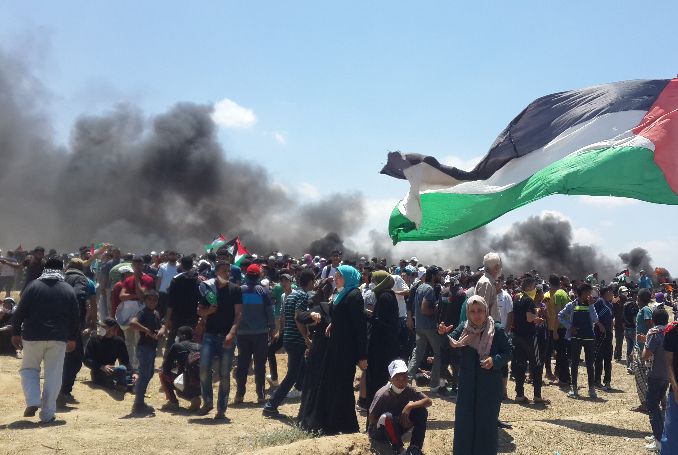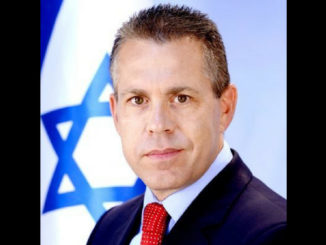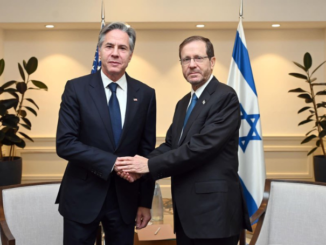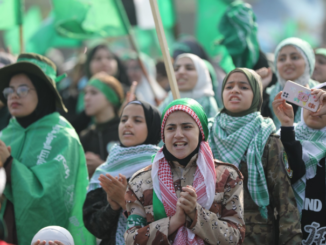
By Yasser Ashour
I was born as a refugee in Gaza; the city that hosted my family when the occupation displaced them from our village, Yibna, near the occupied city of Ramla. In Gaza, we –the refugees- have distinguishing daily life details. We study in UNRWA schools, exclusive for refugees, and receive every now and then a coupon of some lentil, flour, sugar and rice. We also receive free treatment at UNRWA clinics. Our grandmothers tell us all those vivid stories about our land so that we engrave them in our heads, keep them in our hearts and pass them to the next generation. Simply put, I was a refugee in my own country.
“In some time, the fifteenth of May will become a decisive day in the history of our cause”, said Sheikh Younes in the TV series ‘Al-Taghreeba al-Falastinya’ (The Palestinian Exodus) on the day of Nakba in May 1948, to declare this date as a turning point in the life of every Palestinian in the occupied land or in exile.
Palestine is not always remembered as the land we live on in Gaza; it is rather a land that was stolen from us, a land that we know only through memories or historical stories. In our subconscious, Gaza has always been the land to which we were displaced, as if it was not part of Palestine. After all, we are refugees! I have always wondered how one can be a stranger in their own country!
I left Gaza for the first time four years ago. That was the first time I met Palestinians other than the two million living in that 360-square-kilometer area besieged by the occupation. My stay in Istanbul allowed me to meet Palestinians from all around the world. I was like a stranger who finally met his family. They were my partners that I had never met before. Nakba shattered us apart and diaspora brought us together before Palestine could.
Each one of them told me what Palestine meant to them and described their relationship with their homeland and the activities they took part in to help its voice resonate in their exile. Some even mocked me when I told them I was a refugee too. “At least you lived in a part of Palestine. We wish we can go back to any Palestinian land,” they said.
The relationship with Palestinians in the West Bank and the Palestinian Interior of 1948 is such an irony. The distance between us is no more than a few tens of kilometers. We have the same culture, the same customs, the same weather and the same school curricula but live in three distinct areas. We live on the same land under the same sky but are divided by the occupation. But that is what occupation is all about.
I met with Palestinians from the two exoduses and Palestinians of the Yarmouk Camp in Syria. I found that Palestine delved into each and every detail of their daily lives. Their dream of return was invincible despite what anyone else would want. “We are going back to Palestine no matter what,” they said. Hearing these words brings life back to the torn body. It brings us back to Palestine, the destination of our hearts. On the walls of Palestinian camps in Lebanon, I read how this cause can never die. I realized that some people know the smallest details about Palestine and that in the alleys of the camps, the history of our land still lives unchanged, untwisted, and unforgotten.
With time, I understood that Nakba could be seen from different angles other than displacement from land. Nakba, at its clearest form, is how successive generations are separated from their homeland and their people but are still united by the dream of return and hope of freedom.
“No one has the right to kill hope-in-tomorrow, in the future, in what we can do with our own hands,” Mr. Ali says at the end of the series to summarize the story of Palestinians and their country in the endless “Palestinian Exodus”.
(This article was first published in Arabic in Jadaliyya and was translated into English by Tawwasal.)







